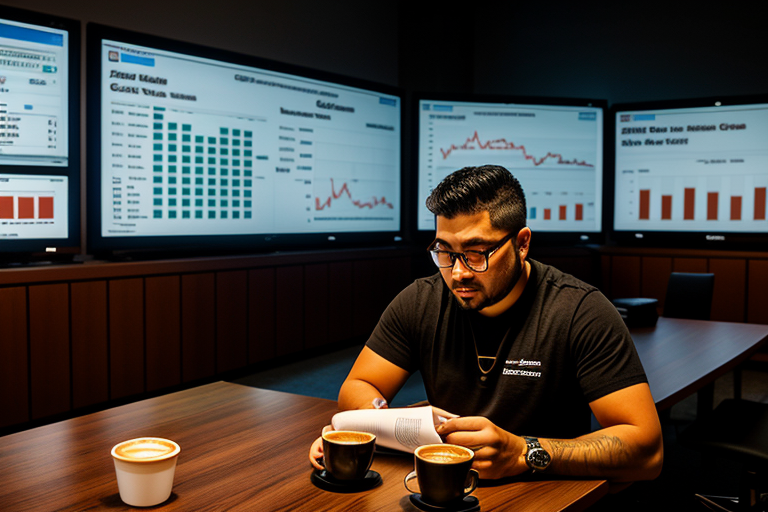In the fast-paced world of search engine optimization (SEO), professionals face many choices that significantly affect their work. However, it’s important to recognize the toll that decision-making takes on their thinking and productivity. This article explores the concept of decision fatigue and its profound impact on SEO professionals, as well as strategies to reduce its effects and improve decision-making.
Decision fatigue, a hidden productivity killer, is present in the SEO industry. It refers to the decline in the quality of choices made by an individual as they become mentally exhausted from the countless decisions they make each day. SEO professionals, who handle decisions like keyword research and content strategy, are especially susceptible to this cognitive phenomenon.
While decision-making may seem effortless, it’s important to know that the human brain has a limited reserve of decision-making power. Every choice, big or small, uses up some of this limited resource. As the day goes on, the mental strain of decision-making increases, leading to reduced focus, poor judgment, and decreased productivity.
The consequences of decision fatigue in SEO are significant. Poor decision-making can lead to suboptimal strategies, missed opportunities, and negative impacts on brand visibility and revenue. Recognizing and managing decision fatigue is crucial for staying competitive in this industry.
Fortunately, there are strategies that SEO professionals can use to combat decision fatigue and maximize productivity:
1. Establish Routines: Routines help reduce the mental load of decision-making. By creating consistent processes and standard operating procedures (SOPs), SEO professionals can minimize the number of decisions needed for routine tasks. This frees up mental energy for critical decisions and reduces decision fatigue.
2. Limit Options: Having too many choices can contribute to decision fatigue. By intentionally limiting options and focusing on the most effective strategies, SEO professionals can streamline decision-making and conserve mental energy for more impactful choices. Quality should be prioritized over quantity.
3. Delegate Non-Critical Decisions: Entrusting less important decisions to trusted team members not only relieves the burden of decision-making but also empowers junior team members to develop their skills and confidence. It’s a win-win situation that conserves mental resources.
4. Use Calendar Scheduling and Time Blocking: Effective time management can alleviate decision fatigue. By allocating specific time slots for different tasks, SEO professionals can organize their thoughts and optimize decision-making. Calendar scheduling and time blocking provide structure and help maintain focus, ultimately maximizing productivity.
5. Embrace Breaks and Rest: Taking breaks and engaging in non-work activities provide a much-needed break from constant decision-making. Short breaks throughout the day and diversifying tasks can refresh the mind, improve focus, and enhance productivity. Striking a balance between work and rejuvenation is crucial.
In the ever-changing field of SEO, decision fatigue poses a significant challenge for professionals striving for success. However, by understanding decision fatigue and implementing proactive measures to reduce its impact, SEO professionals can improve decision-making, enhance focus, and maximize productivity. Whether through establishing routines, delegating non-critical decisions, or practicing effective time management, managing decision fatigue is essential for SEO professionals to excel in their work and have a fulfilling life outside of it.
In conclusion, decision fatigue is a significant obstacle that can hinder the productivity of SEO professionals. By incorporating strategies to combat decision fatigue into their daily routines, SEO professionals can optimize decision-making and maintain a competitive edge. Maximizing productivity is not just about working harder; it’s about working smarter.











